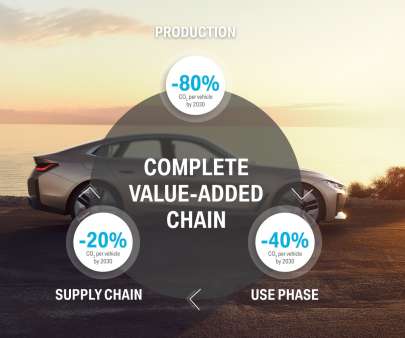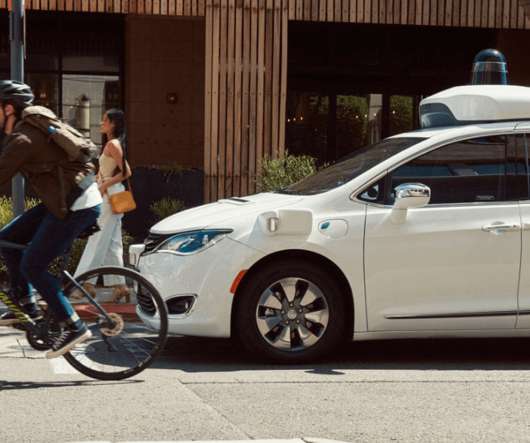Renewable Energy Generation: Change is not a destination, just as hope is not a strategy, a lesson exported from Detroit
Green Car Congress
APRIL 5, 2011
On December 16, 2010 the US DOE Energy Information Agency (EIA) published a report projecting that renewable energy will still only constitute 12 percent of the USA’s energy sources by 2035. In France, renewable energy consumption will be 20 percent by 2020. EIA projections of renewables penetration. Source: EIA.















Let's personalize your content